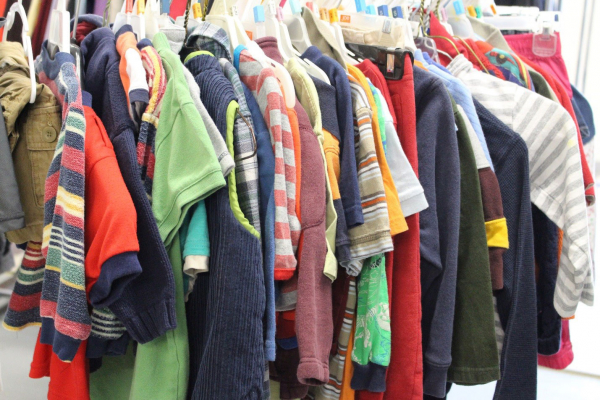
A NUMBER of companies in the clothing industry face closure due to an acute shortage of raw materials, as local banks are failing to allocate foreign currency for imports despite the central bank’s policy of prioritising raw materials imports, an industry official has said.
BY MTHANDAZO NYONI
Zimbabwe Clothing Manufacturers’ Association (ZCMA) chairperson, Jeremy Youmans told NewsDay in emailed responses that under the Reserve Bank of Zimbabwe (RBZ) policies, raw materials for manufacturing in a value-adding industry should be treated as a first priority, but this was not being heeded by the banks and “so many companies are considering closure”.
“They have the orders, they have the capacity, and they have the skills, but without raw materials, they cannot operate and only some of those materials are available locally. So it is a real problem which is getting worse,” Youmans said.
“We have written to all banks reminding them of the RBZ policy. We have also approached the RBZ to advise them that their policy does not seem to be complied with. We have also asked if there is anything that can be done to assist the sector directly.”
He said there was not enough capacity to import and satisfy the demand.
Youmans said a number of developing countries have used the clothing industry to generate economic growth due to its low capital requirements, high employment creation and high value addition factor.
He said Zimbabwe has an advantage over many other countries in that it has installed capacity for significant growth as most companies have downsized, but still have the installed capacity to reverse this very quickly. In such a situation, Youmans said, you simply need to prioritise allocations of scarce resources to those that give you the highest return.
- Chamisa under fire over US$120K donation
- Mavhunga puts DeMbare into Chibuku quarterfinals
- Pension funds bet on Cabora Bassa oilfields
- Councils defy govt fire tender directive
Keep Reading
The industry, Youmans said, needs about $4 million foreign currency allocation per week to import the required raw materials that are not locally available.
“As more and more companies are then able to compete and grow their exports, the additional income would actually pay back the increased import bill, making a positive impact on the balance of payments. But we are stuck in a chicken and egg situation, unable to create the improvement in import substitution, export creation or growth in employment,” he said.
Youmans said most of their raw materials come from Asia, as that is the most competitive source of textile materials.
“We source what we can from the local textile industry and many companies rely on the wholesalers who import fabrics for resale,” he said.
“Obviously these raw materials do not require the manufacturer to pay for the import, but many of them have to be imported by someone. The lead time when buying from Asia is long and this all needs financing, so many companies are struggling with this challenge and are unable to respond to the opportunities that exist in the market with the greater demand for locally made products.”
He said the local textile industry still makes some 100% cotton fabrics, but no polyester/cotton blends, polyester fabrics and denim, among others.
“As an industry we are implementing support measures to incentivise local procurement of those fabrics which are made locally but all the others have to be imported. Without fabric, we can’t make garments, and if we don’t make garments, they are imported,” he said.
“So, instead of importing only the raw materials and value adding them in Zimbabwe, we end up importing the finished product and pay another country for the value addition.”











